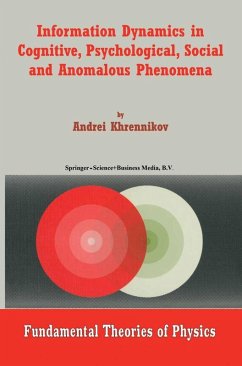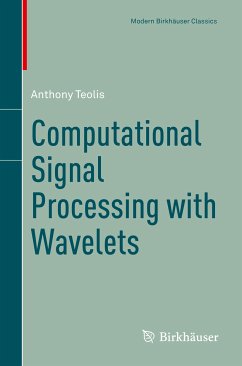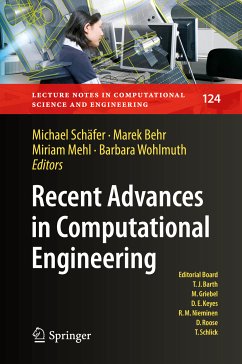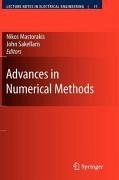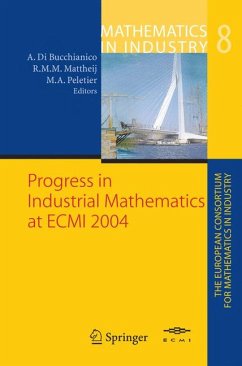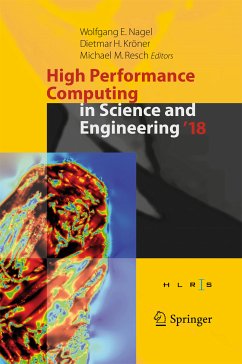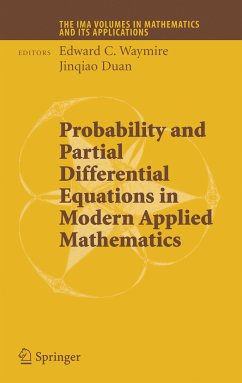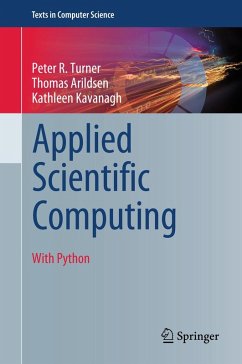
Introductory Statistics and Random Phenomena (eBook, PDF)
Uncertainty, Complexity and Chaotic Behavior in Engineering and Science
Versandkostenfrei!
Sofort per Download lieferbar
64,95 €
inkl. MwSt.
Weitere Ausgaben:

PAYBACK Punkte
32 °P sammeln!
Affordable, softcover reprint of a classic textbook¿
Integrates ideas about statistics of random phenomena stemming from algorithmic computational complexity, classical probability theory, and chaotic behavior in nonlinear systems
Provides examples of statistical problems that arise in real-life industrial and scientific lab settings
Dieser Download kann aus rechtlichen Gründen nur mit Rechnungsadresse in A, B, BG, CY, CZ, D, DK, EW, E, FIN, F, GR, HR, H, IRL, I, LT, L, LR, M, NL, PL, P, R, S, SLO, SK ausgeliefert werden.



